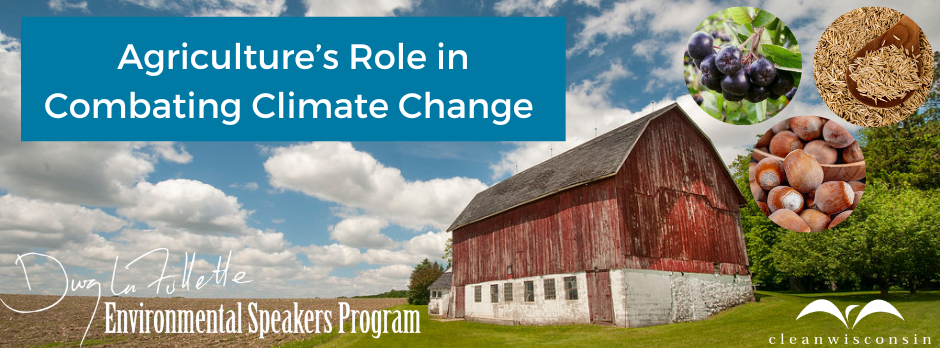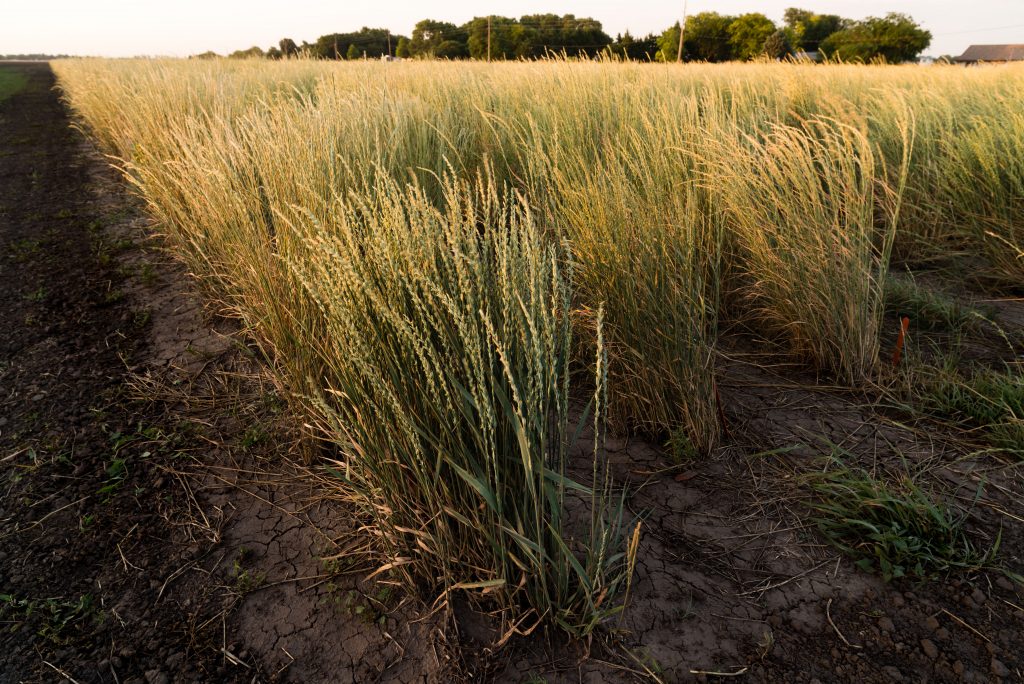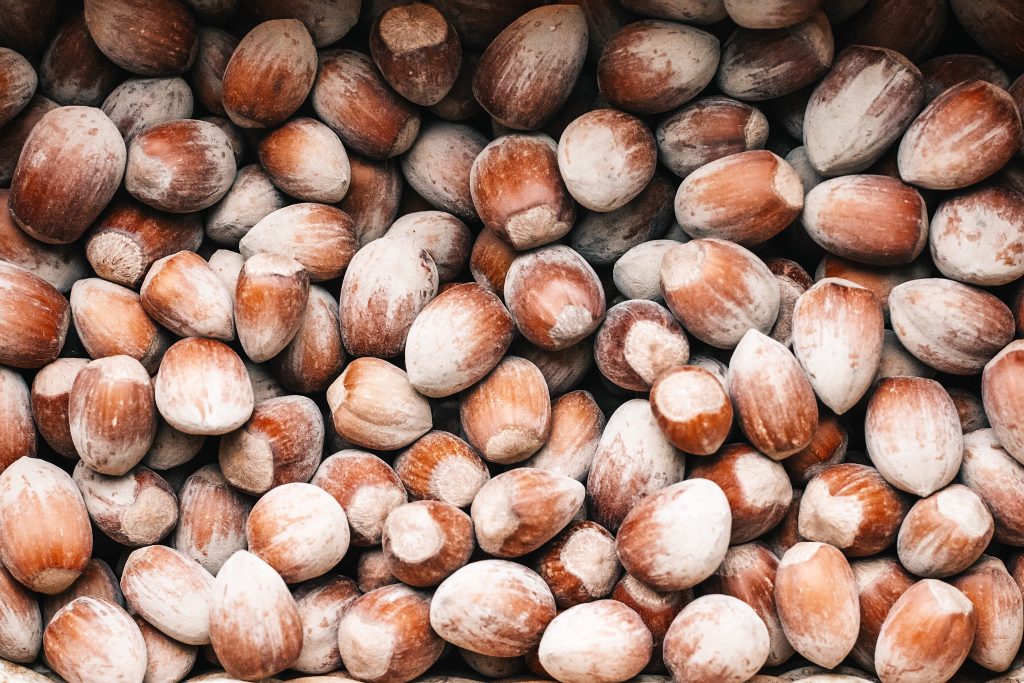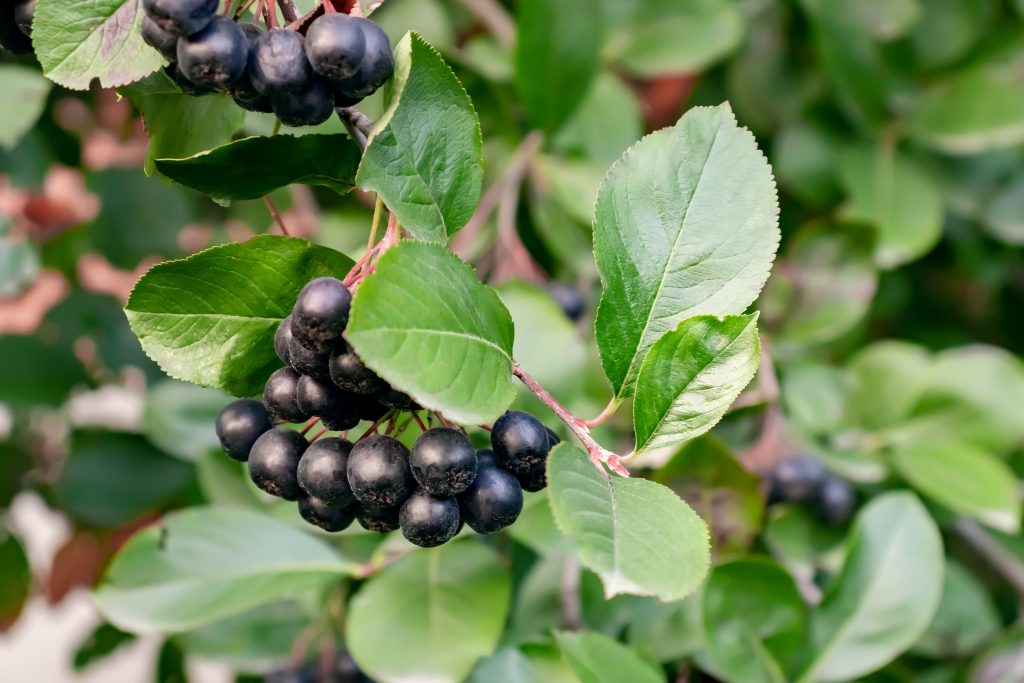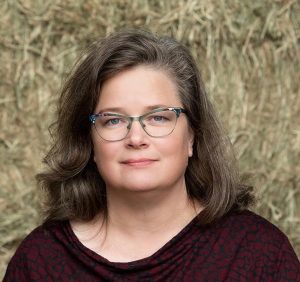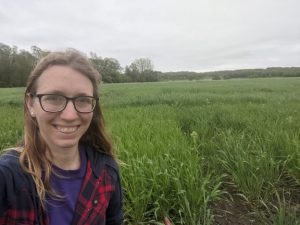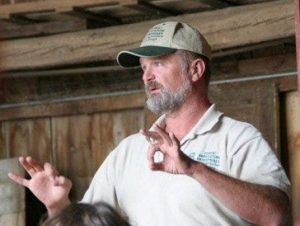The Event
How often do we think about the food we eat and its impact on climate? Some new Wisconsin crops are part of a major effort to fight climate change by rethinking what we plant and eat.
Find out how changing our farming systems is the key to helping our climate and the health of our waterways. Taste samples of three climate-friendly crops—Kernza® perennial grain, American hazelnuts, and aronia berries.
Natural Climate Solutions
Natural climate solutions are land management, restoration and protection practices that remove carbon from the atmosphere and minimize greenhouse gas emissions. They also have many other benefits, such as reducing soil erosion and improving the quality of surrounding bodies of water. Changing what we grow, where we grow it, and how we manage our agricultural systems is vital to removing carbon from the atmosphere and putting it back in the ground. Here in Wisconsin, three perennial plants are taking root as climate friendly, high-value specialty crop alternatives to conventional crops.
Hear from Dr. Sarah Lloyd from UW Grassland 2.0, Mark Shepard CEO from Forest Agriculture Enterprises, LLC and Dr. Nicole Tautges from the Michael Fields Agricultural Institute on how these perennial plants fit into the larger landscape of natural climate solutions.
Kernza® is the perennial grain crop from an improved intermediate wheatgrass developed by the Land Institute in Kansas that is similar to conventional wheat.
American hazelnut is a shrub native to the Midwest that produces a versatile nut that can also be used for flour and oil.
Aronia berry, also known as a “choke berry,” is a small dark fruit grown on shrubs across the Midwest. The fruits are known to have numerous health benefits and have long been used in traditional medicine.
Details
Date: Tuesday, November 1st, 6:00 p.m. to 8 p.m. Cocktail and tasting at 5:00 pm
Location: Majestic Theater, 115 King St, Madison, WI 53703
Can’t join in person? Register for the livestream through zoom here: Virtual Event Registration
Cocktail and Tasting Hour
Doors open at 5:00 p.m. for a cocktail hour and a chance to mingle with our panelists and local bakers and farmers who grow and use Kernza®, hazelnuts and aronia berries. All guests will be given one free drink ticket upon entry.
Bloom Bake Shop is providing samples of Kernza® flour sourdough bread and a gluten-free, vegan chocolate raspberry torte made with American hazelnut flour. Local farmer Roberta Barham will provide samples of aronia berry jam. Natural climate solutions never tasted so good!
The panel will begin at 6:30 pm. with an introduction from Savanna Institute Executive Director Dr. Keefe Keeley.
Our Speakers
Dr. Sarah Lloyd
Sarah Lloyd dairy farms with her husband and his family outside the Wisconsin Dells. She works off-farm as a Supply Chain Specialist for the UW Grassland 2.0 Project. She is the Director of Development of the Wisconsin Food Hub Cooperative. Sarah has a PhD in Rural Sociology from UW-Madison and a Masters in Rural Development from the Swedish University of Agricultural Sciences. She is the President of the Columbia County Farmers Union and serves on the state Board. She is also President of the Board of the Wormfarm Institute, a non-profit organization working at the intersection of arts and agriculture.
Dr. Nicole Tautges
Nicole Tautges is an Agroecologist with the Michael Fields Agricultural Institute in East Troy, WI, a local/small farm food and farms research and policy organization. Nicole grew up in Wisconsin and studied Agronomy at UW-Madison before obtaining her PhD from Washington State University, where she developed fertility and weed management recommendations for semiarid organic wheat production. Nicole performed this research at UC Davis where she worked as a research coordinator for the Russell Ranch long-term cropping systems trial. Her work at the Michael Fields Agricultural Institute focuses on food-grade small grain production and post-harvest handling, perennial crops including alfalfa and Kernza®, and developing educational materials for small- and mid-size farms and women farmers.
Mark Shepard
Mark Shepard is the CEO of Forest Agriculture Enterprises LLC, founder of Restoration Agriculture Development LLC and award-winning author of the book, Restoration Agriculture: Real-World Permaculture for Farmers. Mark has also been a farmer member of the Organic Valley cooperative, the worlds largest Organic Farmer’s marketing co-op, since 1995. He is most widely known as the founder of New Forest Farm, the 106-acre perennial agricultural savanna considered by many to be one of the most ambitious sustainable agriculture projects in the United States.

